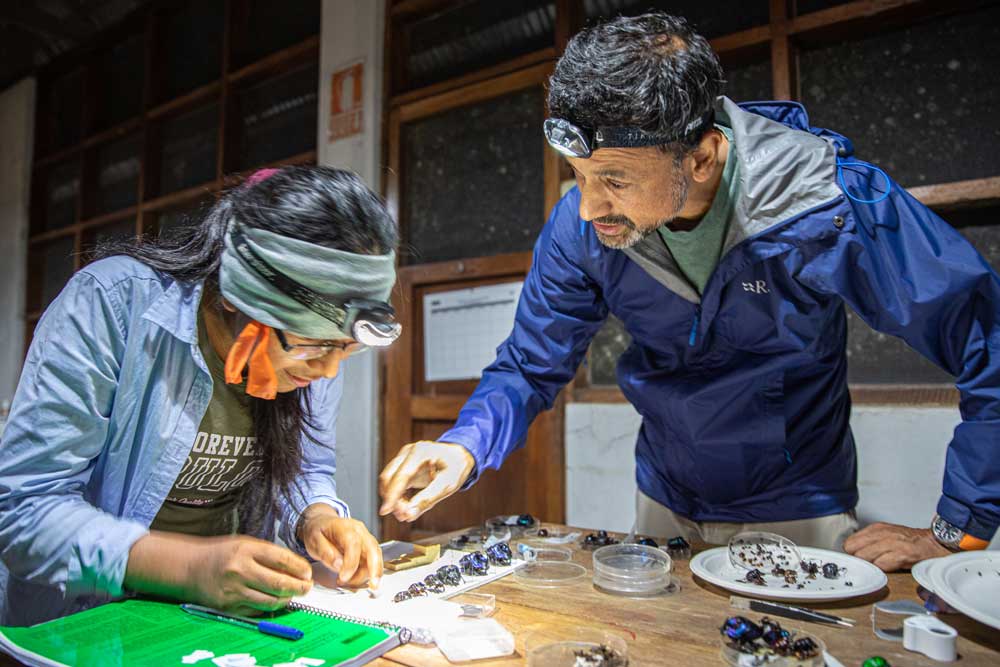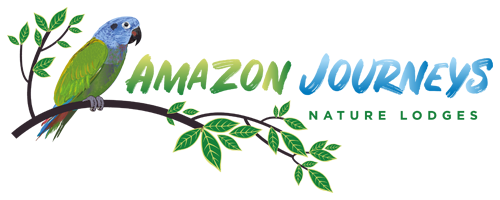Our Biological Stations


Catch sight of an orange-breasted hawk, hike the famous Manu Road and experience some of the world’s most amazing bird watching at our lodges. But birds are not all you will see during your visit with us. Our birding lodges are nestled within biological stations, which are learning centers for researchers, students, and volunteers from Peru and around the world. Spanning the eastern border of the world-famous Manu National Park, a global biodiversity hotspot and home to 10% of the world’s birds, and located in a variety of habitats from the Andean cloud forest to the Amazonian lowlands, our three stations serve as a base for our research and conservation efforts on the ground. The Biological Stations offer access to more than 56 miles of trails, rivers and waterfalls, a pristine habitat for birdwatchers and scientists who follow the Manu Road.
During your stay at our stations, you will witness the rich wildlife of southeastern Peru and see more than 15 years of science-driven conservation in action. At Wayqecha, Manu and Los Amigos, you can share your passion for nature over meals and late-night talks on the latest science and conservation led by researchers or staff…before retiring to your comfortable cabin for early-morning birding. As you walk along a trail, you may see a researcher checking a camera trap that monitors spectacled bears, jaguars, tapirs, ocelots, and other wildlife. On your way to the classroom to review your day’s sightings, you might bump into faculty and students sharing their research on primate behavior, climate change, rare butterflies, or amphibian conservation, or witness a researcher tests new technologies to stop the logging of trees.
From training local schoolchildren in conservation to awarding scholarships to Peruvian university students who might not otherwise be able to afford field research, we are also supporting the education of future stewards of this landscape. More than 260 scientific publications have been generated from research at our stations and numerous new species have been discovered.
You are our partner in conservation; Your stay with us directly supports our work protecting bird habitat, tracking responses to climate change, monitoring species, training future conservationists, and more.
Thanks to this scholarship, I was able to obtain valuable information that will serve not only as a basis to evaluate forest health after disturbance by illegal mining, but also reveal how bird communities are contributing to the regeneration process. This experience has inspired me to continue learning and take on new research.
Conservación Amazónica´s – ACCA mission is to unite science, innovation and communities to protect the Western Amazon, the largest wild forest on Earth. Our bird conservation lodges are an extension of this work and help support our efforts in the Peruvian Amazon.

Wayqecha Biological Station






